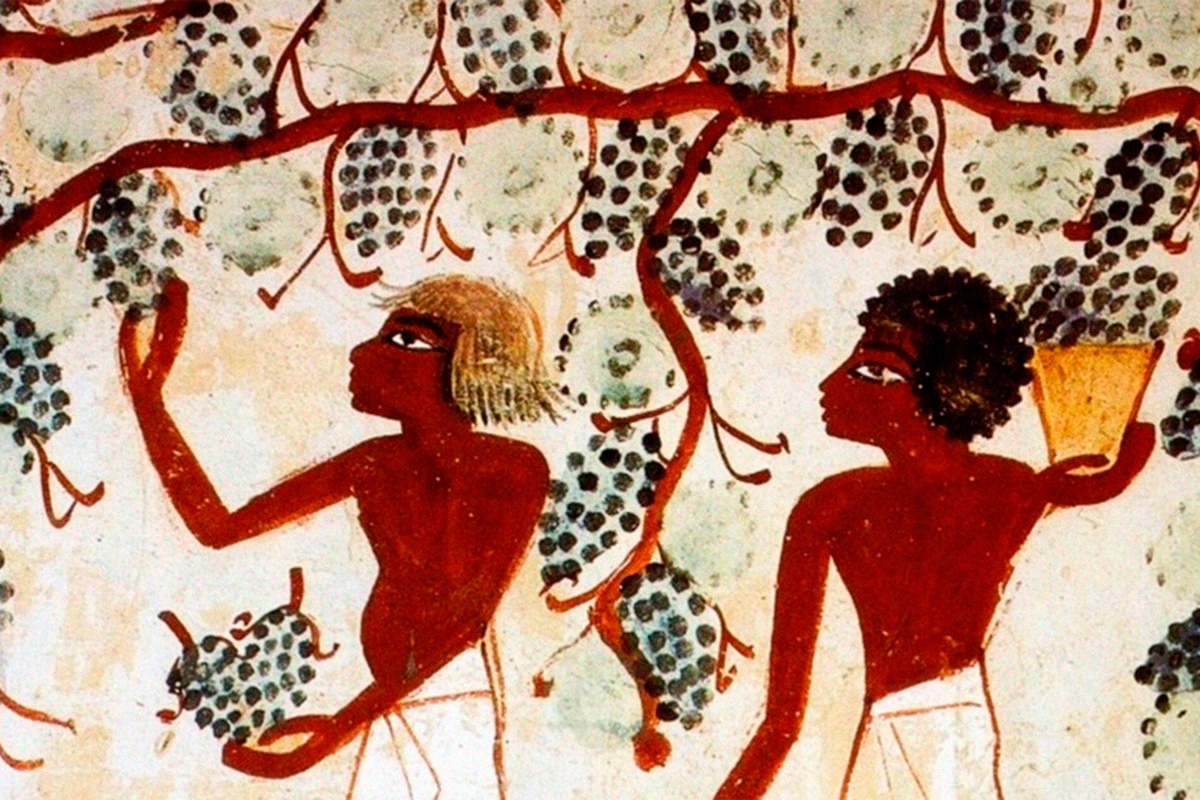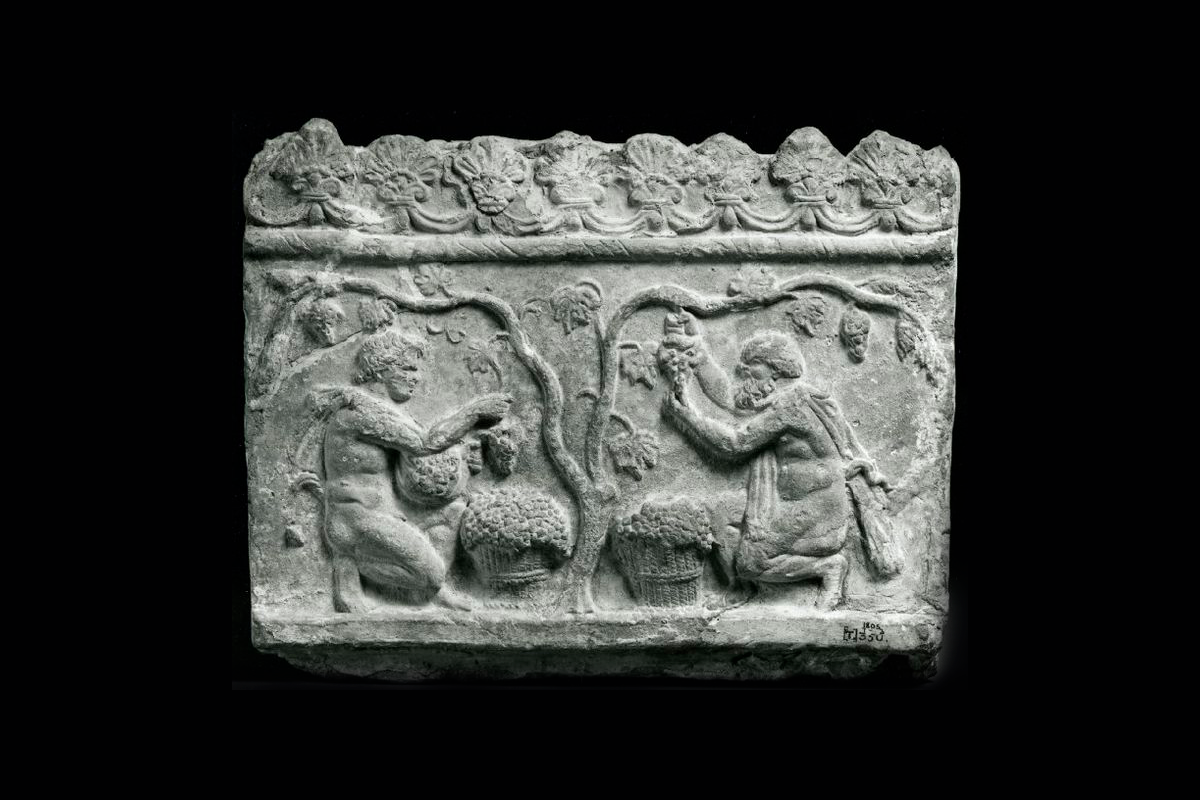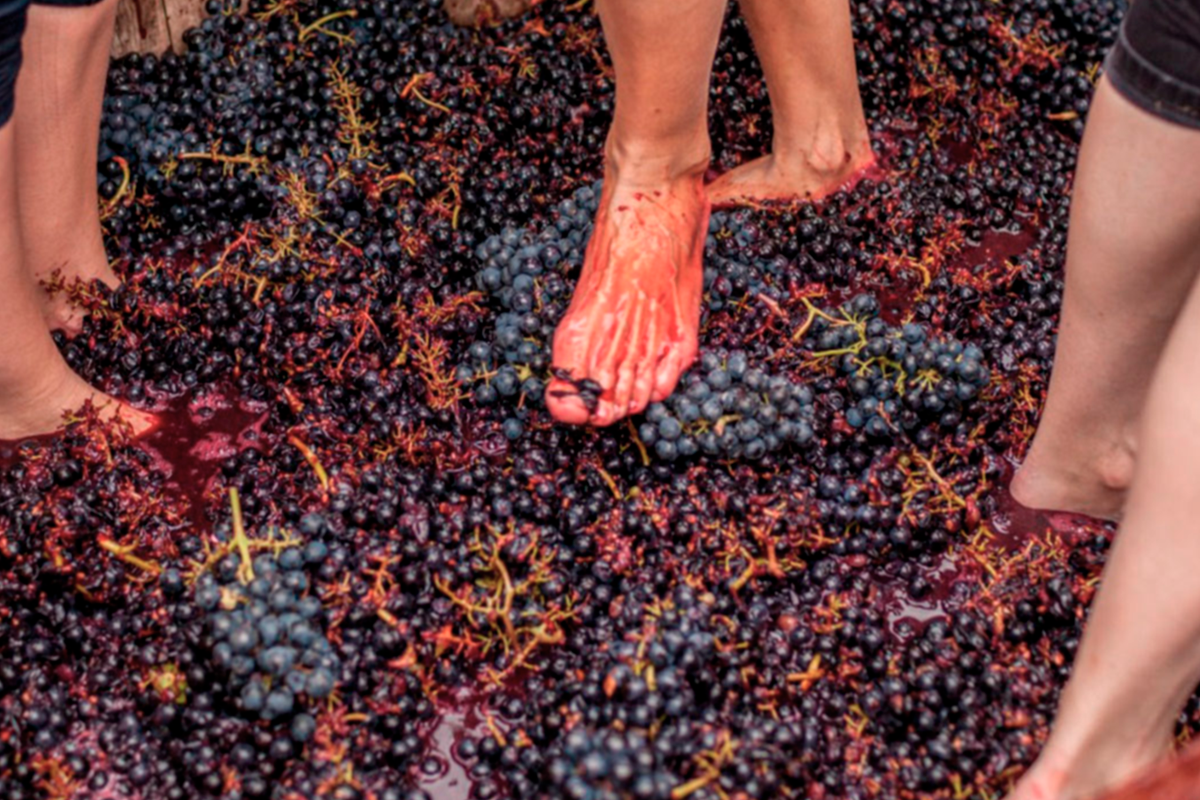When to cut the grapes or not is the most important decision that vintners and winemakers must make each year. It is a key moment because the work of a whole year in the field is at stake and determines the quality of the final wine. Currently, countries such as Argentina, Brazil, Chile, South Africa, New Zealand and Australia are in full wine harvest season, working hard on the harvest and fermentation of their juices. But in between, they also celebrate. It is a time of traditions that have their origin in the Egyptian, Greek and Roman civilizations. This is a journey back in time to talk about them and understand the meaning of the famous harvest festival.
The origin of the harvest festival has its origin in ancestral rites related to harvesting. It was a party related to drunkenness, joy and also death. According to Egyptian mythology, the celebration of the wine harvest has its origin in the cult of the god-king Osiris. He would have been who taught humanity about the cultivation of the vine and winemaking. Osiris was the god of afterlife and resurrection, and like other ancient divinities, he passed from death to life. Like the annual death of the vines that would later be reborn in spring bearing fruit again, thanks to the generous Nile River, which would have turned into wine the day Osiris was born.

Although grapes are not native to Egypt, the Egyptian culture was one of the first to handle all the knowledge for winemaking. This trade was very distinguished, dedicated to the elaboration of wines for wealthy nobles and for rituals of passage to death, offerings to gods and, by the way, for enjoyment at parties.
In Greek mythology, the god of fertility, vegetation and wine was Dionysius. He would have been who discovered viticulture and who would have expanded it to other continents such as Asia. In Greece, the first harvest festivities were very important. In them, the harvested grapes were crushed and then the first wine was tasted, which was offered to the god Dionysius in celebrations that could last up to four days. Dances, songs, a lot of lack of control and wine, would have been the equation that resulted in one of the most important arts: theatre.

These celebrations were so far reaching that they even touched Rome, where they were known as Vinalias and where Dionysius became Bacchus. These thousand-year-old Roman wine festivals were held in honour of Jupiter and Venus, asking for protection for the vineyards, the harvest and also offering the first wine of the harvest. It was common for them to end in bacchanals, liberal and prohibited parties that were represented in various pieces of art.

Later, with Christianity, the stories of the wine advanced to the Bible, where it became the sacred blood.
Despite these different stories, to this day we inherit the festive character and social importance of this traditional festival of customs that is celebrated every year in the various wine-producing countries.
In the case of Chile, the history of grape harvest dates back to the 16th century. It was the time of the Colony in the current areas of Independencia, Recoleta and Huechuraba, where the first Spanish woman to set foot on Chilean territory, Inés de Suarez, settled. There she installed her farm, which she would later have given to the Dominican Order, who began to plant vineyards, hire pruners, coopers and produce high-quality wines. The Dominican convent also contributed with a large library in which it was possible to find a lot of wine literature, which would later have been implemented in their vineyards. Among the first vines planted were Cabernet Sauvignon, Merlot, Malbec, Semillón and Sauvignon Blanc, although the objective was to evangelize through wine.

We invite you to toast these dates with Casillero del Diablo Cabernet Sauvignon or Terrunyo Sauvignon Blanc, two exponents of the most traditional Chilean wine grapes. And make a toast for the harvest!



